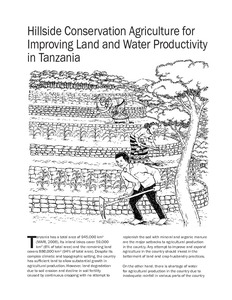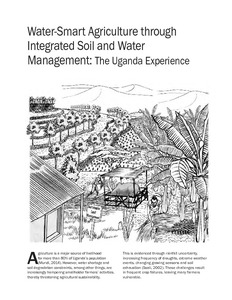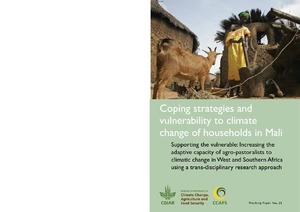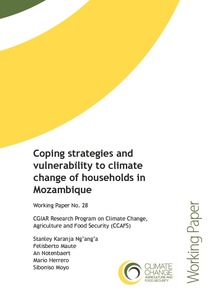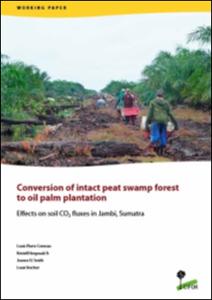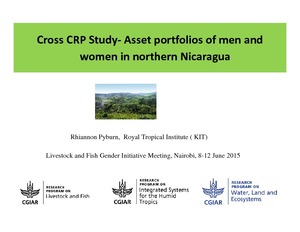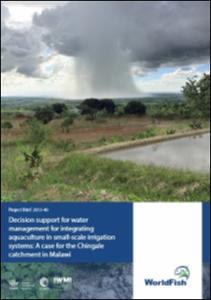Conferencia sobre Investigación Agrícola y Uso de la Tierra en la Amazonía (1980, Cali, Colombia). Amazonia: investigación sobre agricultura y uso de tierras: memorias
Conserving soils: Hillside conservation agriculture for improving land and water productivity in Tanzania
Conserving soils: Water-smart agriculture through integrated soil and water management: The Uganda experience
Coping strategies and vulnerability to climate change of households in Mali
Variable and low rainfall patterns combined with increasing population pressure have led to natural resources degradation in the Mopti region of Mali. This has forced both agricultural and pastoral communities to transform their production systems and social relations. To assess the adaptive capacities of these agro-pastoral communities to climate change, a participatory survey was conducted in the region between February and May 2009. The survey covered in total 175 households, covering 60 households per agro-ecological zone (i.e.
Coping strategies and vulnerability to climate change of households in Mozambique
The purpose of this transdisciplinary project was to cogenerate methods, information and solutions between local communities, local and international scientists and policy makers involved in climate change and adaptation programmes, for coping mechanisms and adapting strategies to climate change and variability in Africa. Herewith the overall goal is to increase the adaptive capacity of agropastoralists, who are among the most vulnerable groups in Africa to climate change and variability.
Conversion of intact peat swamp forest to oil palm plantation: effects on soil CO2 fluxes in Jambi, Sumatra
Tropical peatlands are among the largest pedologic pools of organic carbon. This study compared soil CO2 fluxes in an intact peat swamp forest, a transitional logged drained forest and an oil palm plantation located on the same alluvial peat plain (peat dome) in Jambi, Sumatra, Indonesia. Dynamic closed chambers were used to measure soil CO2 efflux from January to September 2012. Chambers were placed in pairs, with one close to a tree/palm and the other at mid-distance to the next tree/palm.
Cross CRP Study: Asset portfolios of men and women in northern Nicaragua
Cultivating the desert: irrigation expansion and groundwater abstraction in northern state, Sudan
This study examines the socioeconomic features that underpin the expansion of groundwater-dependent irrigation in Northern State, Sudan. Groundwater development in the region serves as an economic lifeline given the poor Nile-based irrigation infrastructure and future changes in Nile hydrology. Groundwater-dependent irrigation is found to be expanding in previously uncultivated regions increasingly distant from the Nile.
Curso internacional sobre frijol (Phaseolus vulgaris) en Zona de Ladera de la Región Andina (1992, Rionegro, Antioquia, Colombia). [Trabajos presentados]
Decision support for water management for integrating aquaculture in small-scale irrigation systems: a case for the Chingale catchment in Malawi. Project Brief
A three-year project was funded by the BMZ/GIZ to examine the benefits of integrating aquaculture and small scale irrigation by identifying improved water allocation and management strategies under current and future climate change scenarios. An integrated modeling approach was adopted to analyze the complex issues involved in the decision processes. A water budgeting approach was used in estimating and balancing the water resources available to farming communities (the supply aspect) and the water demand for agricultural use, including crops and fish farming, within a catchment.



